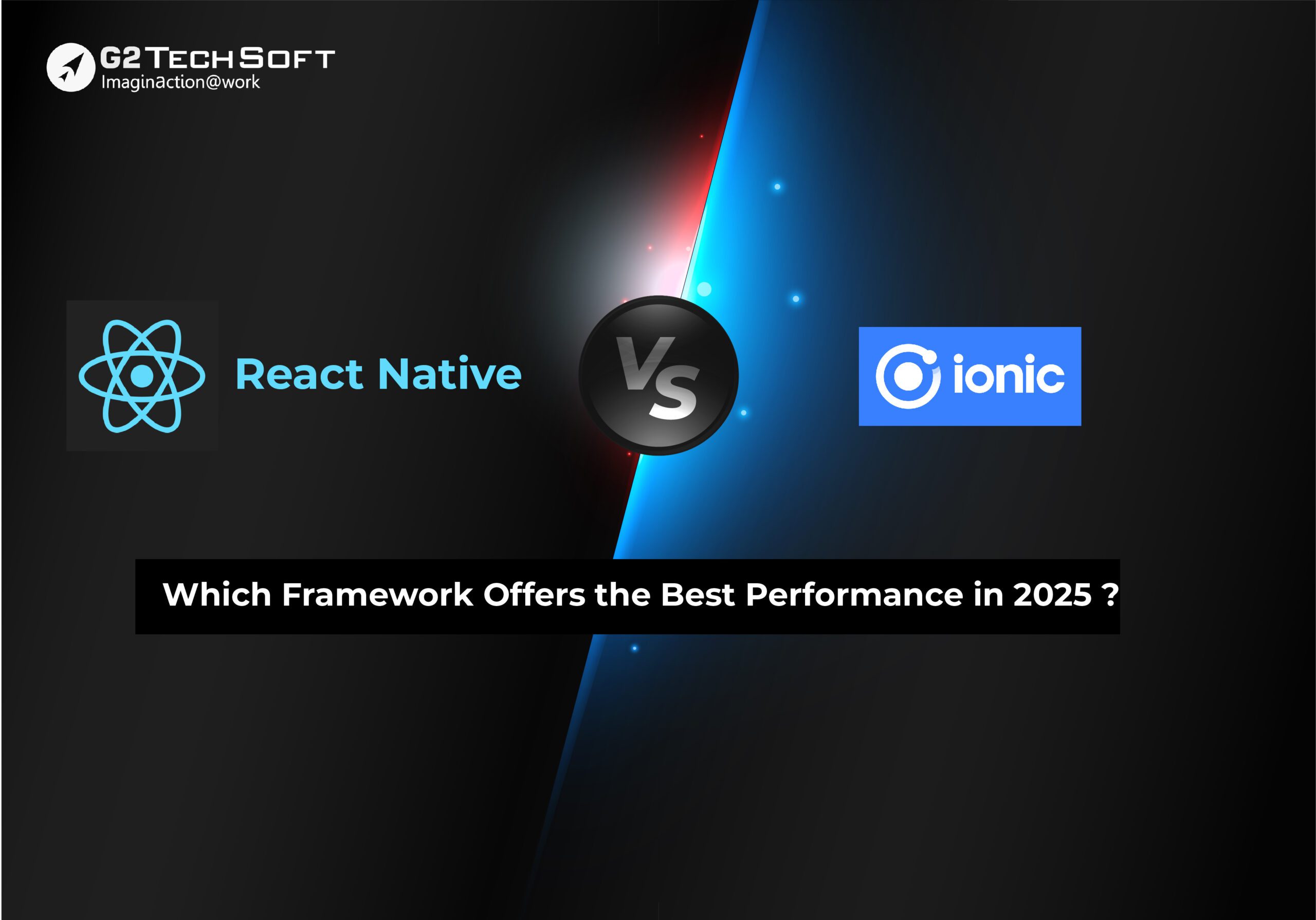
Battling to choose Scala VS Java? This blog is for you!!
Scala; is monumentally heard, as all the organizations hire Scala developers Indeed. Many organizations still believe Scala is formidable. It shows the ascendence in the curve is worth the investment. Java is a fully featured software methodology, networking, and communication program language. Simply put, anything developed using Java. But complexity is its hiccup.
Attributes of Scala VS Java:
- Scala is widely known as object-oriented but also an exceptional functional language.
- Java is an old programming language. Once the code is written it can run in any system.
- Scala is incisive. But known as a powerful language considering the number of users and demands growing for this language.
- Java is technically structured; for building object-oriented applications without any hassle.
- Scala, without any doubt, allows developers to implement Java code.
- Java is a multi-processing language, highly secured and resilient.
- Scala is famously known for its rigidity.
- Java eases computing as its nature of network-centric.
Ascendency and decadency of Scala and java
Scala pros:
- Scala is less mediocre than java.
- Java developers can efficiently learn Scala very well. As it is starting booming up in recent years.
- Scala is incisive. But known as a powerful language considering the number of users and demands growing for this language.
- Scala provides classic functions for the end-users.
- Scala provides ultimate Duck Types.
- Scala integrated into Java virtual machine. So, it is very interactive with other languages.
- Scala is incisive and known as a powerful language.
- Scala is flexible for the application that is synchronous, appropriate, adaptable, and acceptations. Scala is a formidable language of the decade.
- Scala framework is the main reason for the ascendency.
- Scala is a functional programming language and pliable for the developers to code in anyways.
Scala cons:
- Bounded community existence; is only offered by Scala.
- Very hard to adapt to this language.
- Limited access to the interoperability of any legacy system
Java Pros:
- Using java. Comprehensive proofs are accessible.
- Efficient to traverse libraries.
- Java is a huge assemblage of third-party libraries.
- Java permits following standard programs and is efficient for the developers to reuse code.
- Java is network-centric. So, any tasks can perform at the same time.
- Java is a well-known programming language. So, it is never hard to hire resources.
- Using Java, developers can outstand executions.
Java cons:
- Low-level programs not supported by Java.
- The program gets decelerated because of the JIT compiler in Java.
- Functions like free() or delete() is not available Java program.
- Costing for the hardware is high because of the extended memory and processing needs for java.
Choose between Scala and Java
Why should every organization opt for Scala instead of Java?
| Aspect | Java |
| Uncomplicated syntax | Complicated syntax |
| Improvements in code are not needed | Improvements in code are needed |
| Static in nature | Very effectual in nature |
| Assured bug-free codes | Not assured of bug-free codes |
The most demanding full programming language in this decade is Scala and Java. As much as similarities between these two, they have many differences too. Java is an object-oriented old programming language, though they have many users because of its longevity. Scala is known as the machine-compiled programming language. Which is booming up in this decade. Using Scala means codes are explicitly readable and incisive. Writing code in Scala is efficient as writing code in Java. Demand for Scala is increasing ultimately. According to JetBrains, more than 72% of people use Scala because of its efficiency. According to the Talent website, Scala developers stand top by getting the pay of $175,500 per year. So, this implicates the high demand for the emerging technology stack. G2 TechSoft helps the organization end its talent quench for the search for Scala developers. Despite struggling with legacy mundane languages like Java and Python, Scala helps the organization deliver opulently. Scala is now used by some of the big companies all over the world: The guardian, Twitter, LinkedIn, and Foursquare. Since the evidence shows clearly, stop asking why Scala? Start implementing now.




